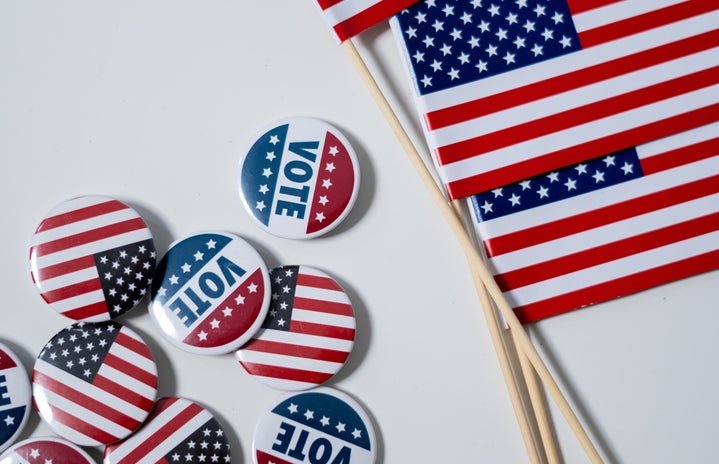In 2016, Democratic presidential candidate Hillary Clinton lost the electoral college to Republican candidate Donald Trump, 306-232, despite having won the popular vote by nearly three million votes. If a candidate gets the majority of the votes from American citizens, surely they should be the one who wins the presidency, right?
The U.S. Constitution allocates a specific number of electoral votes to each of the 50 states, plus the District of Columbia, based on their number of representatives plus two electors for the senators the state has in the U.S. Congress. Out of the total 538 electors, a presidential candidate must win an absolute majority of 270 votes to win the presidency.
There have been five times in American history, including the 2016 election, when the candidate who won the presidential election did not win the popular vote. That is five times too many. I used to think it was ridiculous that some eligible citizens did not vote because, of course, every vote matters and everyone needs to vote in order for democracy to be effective. But the electoral college defeats the “one person, one vote” principle.

During the election this year, many people, including myself, were glued to their televisions and their phones, waiting for the votes from Nevada, Georgia, Wisconsin and Pennsylvania to come in. These “swing states” — which change depending on population patterns, candidates, political trends and more — tend to be the most watched during an election because the elections in those states come down to a small margin of victory that could go either way.
“While I understand wanting to support states with smaller populations while also recognizing the values of larger states, elections in recent years have come down to the opinions of voters in swing states, rather than the entire country,” University of Maryland sophomore Colette Lord said.

“The abolition of the electoral college means that all Americans, regardless of their location or the standard political party of their state, have equal say in our country and democracy,” Towson University sophomore Julia Phillips said.
The “winner-takes-all” system, which 48 of the 50 states use, determines that the winner of a state’s popular vote will receive all of that state’s electoral votes. This system discounts voters who voted for the minority candidate, especially in swing states where a slim majority controls the entirety of their electors’ votes. Only two states, Maine and Nebraska, do not use the “winner-takes-all” system. Instead, these two states award one elector to the winner of the popular vote in each congressional district and the two senatorial electors to the winner of the popular vote of the state. Maine and Nebraska’s system is much more representative of a state’s voters because it allows for a smaller elector to voter ratio.
Additionally, while the U.S. population continues to increase, the number of representatives in Congress has stayed the same since 1911. One representative in Congress represents about 747,000 citizens, which means that one elector also represents that number of voters. If we allowed the number of representatives and therefore electors to increase with the growing population, states like Wyoming would be able to have more electoral votes and wouldn’t be disproportionately represented.
In order for America to have a genuinely free and democratic government, the electoral college needs to be abolished, and many of our systems need to be reformed or reorganized. The electoral college has no place in a truly democratic country and cannot possibly benefit America’s citizens. This country needs to reform to catch up with its modern-day voters and their needs.



